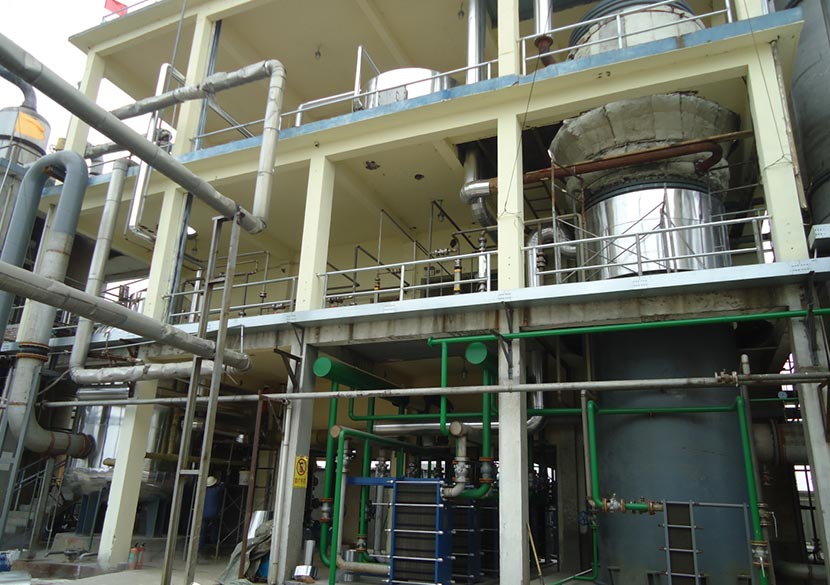Let You Know the "use" of Formaldehyde in 3 Minutes
Whenever you mention formaldehyde in your life, everyone is a look of panic. It is thought that the newly renovated rooms and offices are filled with the smell of formaldehyde. If you stay in a formaldehyde-containing environment for a long time, you will be at risk of death. As a Formaldehyde Production Plant, we are going to talk about the use of formaldehyde as a basic chemical raw material today, hoping to change your understanding.
Formaldehyde is a popular chemical product that is widely used, has a simple production process, and has sufficient raw material supply. It is the backbone of methanol downstream products. The world's annual output is about 25 million tons, and about 30% of methanol is used to produce formaldehyde. However, formaldehyde is a low-concentration aqueous solution. It is not convenient for long-distance transportation from an economic point of view. Therefore, it is generally located near the main consumer market, and import and export trade is also rare.
First, in addition to formaldehyde, it can be directly used as disinfection, sterilization and preservative. It is mainly used in organic synthesis, synthetic materials, coatings, rubber, pesticides and other industries. Its derivatives mainly include paraformaldehyde, polyoxymethylene, phenolic resin and urea-formaldehyde. Ester, amino resin, urotropine and polyols. The wood-based panel industry is developed and the demand for formaldehyde is very large.
Second, formaldehyde can be used as a fixative. The main point of effective immobilization is that the reaction between formaldehyde and tissue proteins is diverse and complex, because it can combine with many different functional groups, and in most cases form a bridge between them. key. Formaldehyde has this cross-linking function. The Formaldehyde Production Process can be formulated as a simple or mixed fixative. The easiest and easiest way to master is to take 10ml of formaldehyde solution and add 90ml of water. This is 10% formalin. Of course, the fixatives currently used are more stringent, and it is best to use buffered formalin fixatives, which is beneficial for subsequent immunohistochemical staining. From a histological point of view, formaldehyde is a good fixative. It has many advantages: less tissue shrinkage, less damage, good preservation of intrinsic material, uniform fixation, strong penetrability, hardening of tissues, and increased elasticity. It is good for slicing; it can store fat and lipids; the cost is lower.

Third, the application of the textile industry, clothing in the process of resinification of the resin should involve the use of formaldehyde. For the production of fabrics for garments, in order to achieve anti-wrinkle, anti-shrinkage, flame retardant effects, or to maintain the durability of printing, dyeing, or to improve the hand, it is necessary to add formaldehyde to the additives.
At present, formaldehyde printing and dyeing is used. The application of formaldehyde in the textile industry is more pure cotton textiles. Pure cotton textiles are easy to wrinkle. The use of formaldehyde-containing additives can improve the stiffness of cotton fabrics.
4. Formaldehyde is a substance released by decomposition at 60 ° C. It is colorless, irritating and soluble in water. The cause of bactericidal performance is mainly that the amino groups on the proteins constituting the organism itself (including bacteria) can react with formaldehyde. 35% to 40% of formaldehyde solution is commonly known as formalin. It has antiseptic and bactericidal properties and can be used to soak biological organisms and disinfect seeds.
If you want to know more about Formaldehyde Equipment, please pay attention to our website, https://www.slchemtech.com
评论
发表评论